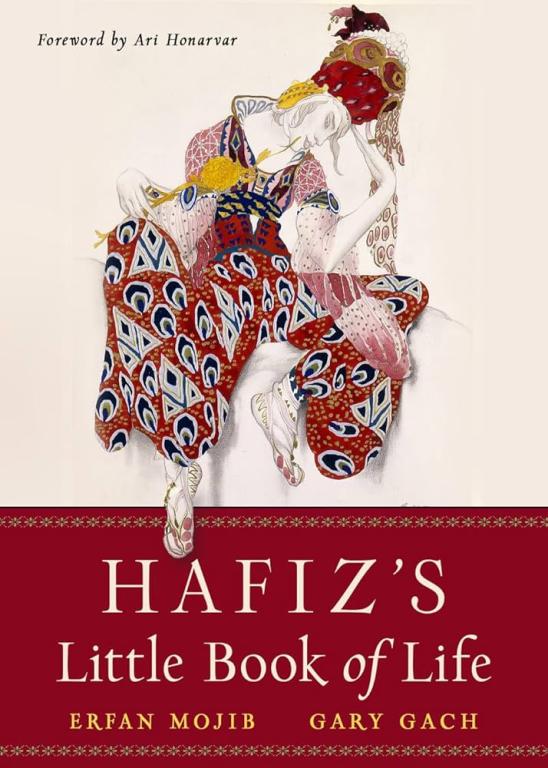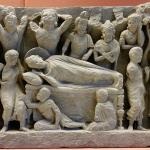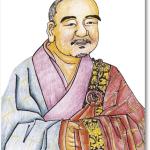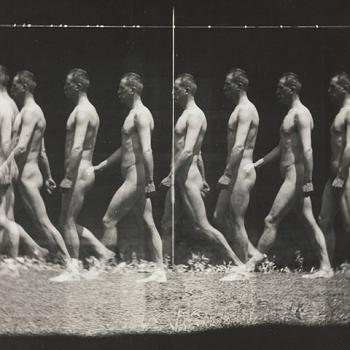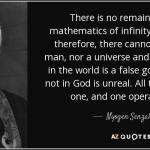In Iran and within the Persian diaspora today, the 12th of October, is Hafiz Day. (Also rendered as Hafez…)
And a very good day to think of this remarkable Persian poet. While in the west he remains in the shadow of the wondrous Rumi, in the Middle East, especially in Iran, Hafiz is more than a competitor for hearts and readers.
Khwāje Shams-od-Dïn Mohammad Hāfez-e was born in the ancient Iranian city of Shiraz in 1315. Unless it was 1317. He died, perhaps, in 1390. Details of his life are scant. He worked mostly as a court poet. About twenty years after he died a mausoleum was built to house his remains. It was rebuilt early in the twentieth century. And it remains a pilgrimage site.
We in the west usually just call him Hafiz.
According to one story in his youth he was working in a bakery, when he saw a woman whose beauty captured him. He wrote some poems in celebration of her. But it also sparked something a longing that moved beyond the human, beyond merely erotic. In a revery he was confronted by a being whose beauty surpassed human possibility. And with that he began a spiritual quest. This quest included memorizing the Quran as well as the great mystical poets. Eventually he met the physician and Sufi shaikh Hajji Zayn al-Attar. Guided by his master Hafiz delved into the mystic realms.
And it was as a Sufi that Hafiz’ poetry began to take shape.
He is principally remembered for the Divān of Hafez, largely written in Persian. It is primarily a collection of ghazals, usually written as five to fifteen couplets joined by theme and form. They are said to resemble the Petrarchan sonnet. The form arose in Arabic and spread across the Muslim world, mainly by Sufi’s with recurring themes of love and separation.
Seyyed Hossein Nasr wrote how “This supreme poet, who is called the “tongue of the invisible” (Lisan al-ghayb), produced poems of magic beauty, poems whose imagery and music transmute the lead of the forgetful soul to the gold of the soul which lives in the longing for its Beloved and in the remembrance of that union which predates man’s terrestrial journey. Hafiz was himself aware that his was not simply a human voice. Rather, his poetry wa a celestial song which brought the heavens themselves into a state of ecstasy.”
It is probably impossible to understate Hafiz’ importance in Iranian culture. People who only own two books, own the Quran and Hafiz’ Divan. And it is said almost all Iranians can recite from memory as least a verse or two of Hafez.
If you’re looking for an introduction to the poet, I commend to you for your consideration, Hafiz’s Little Book of Life, which was just released at the beginning of the month. It’s a “collection of more than 250 selections from his lifework. Also included is a vivid portrait of his life and times, translators’ notes, an extensive glossary, a bibliography, and an appendix on Hafiz as an oracle. Here are classic soaring flights of fancy and solid life lessons—made new by two award-winning translators. This is the perfect introduction to Hafiz for all lovers of poetry and seekers of love, spirituality, and wisdom. Let the unforgettable words of Hafiz shine through you with their love, profundity, wit, and celebration of life.”
The book is a collaborative effort by Erfan Mojib and Gary Gach. My old friend, the western Sufi Neil Douglas-Klotz writes of this volume, that it is “a radical collaboration between a Persian and American, this is a breakthrough version of the most untranslatable classical Sufi poet.”
Worth a read.
And what a nice day to do so…


